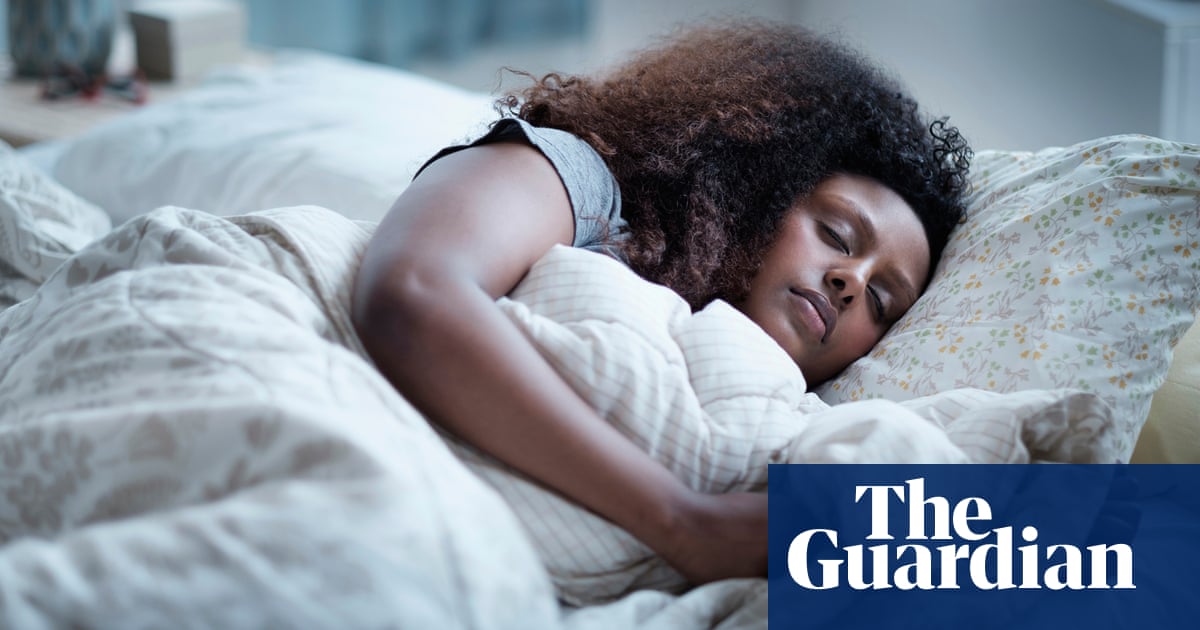
Sleeping for less than six hours per night reduces the immune response to vaccination, particularly in younger men, data suggests.
The reduction is comparable to the waning of Covid-19 antibodies two months after vaccination.
People’s immune response to vaccination is known to vary because of factors such as age, biological sex and general health. Previous studies have also suggested that sleep duration might play a role – although the results of such investigations have been mixed.
To summarise the current state of understanding, Dr Karine Spiegel, of the French National Institute of Health and Medicine, in Lyon, and her colleagues combined and reanalysed the results of seven studies that involved vaccinating people against influenza and hepatitis A and B, which are all caused by viruses. They compared the antibody responses of individuals who slept for seven to nine hours per night (the recommended level for healthy adults) and those who slept for less than six hours per night.
The research, published in Current Biology, found strong evidence that sleeping for less than six hours reduces the immune response to vaccination in men – although the effect was more variable in women, probably due to fluctuating sex hormone levels.
“We know from immunology studies that sex hormones influence the immune system,” said Spiegel. “In women, immunity is influenced by the state of the menstrual cycle, the use of contraceptives, and [whether they have gone through menopause], but unfortunately, none of the studies that we summarised had any data about sex hormone levels.”
When both sexes were taken into account, the effect of short sleep was comparable to the waning of the antibody response to the Pfizer/BioNTech vaccine after two months. The researchers said: “If similar to the influenza and hepatitis vaccines … then insufficient sleep around the time of Covid-19 vaccination may reduce antibody titers in the same range as the waning of the response to the most commonly administered vaccine over two months.”
They also found that the immunological impact of insufficient sleep was greater for adults aged 18 to 60, compared with older adults.
“Good sleep not only amplifies but may also extend the duration of protection of the vaccine,” said the senior study author Eve Van Cauter, a professor emeritus at the University of Chicago.
She said she hoped this knowledge might enable people to boost their responses by prioritising sleep before vaccination appointments. “When you see the variability in protection provided by the Covid-19 vaccines – people who have pre-existing conditions are less protected, men are less protected than women, and obese people are less protected than people who don’t have obesity,” Van Cauter said. “Those are all factors that an individual person has no control over, but you can modify your sleep.”
Spiegel emphasised, however, that more research was needed to quantify exactly how much sleep was needed – and to unpick the role of sex hormones in vaccination response – before firm guidance could be issued.












